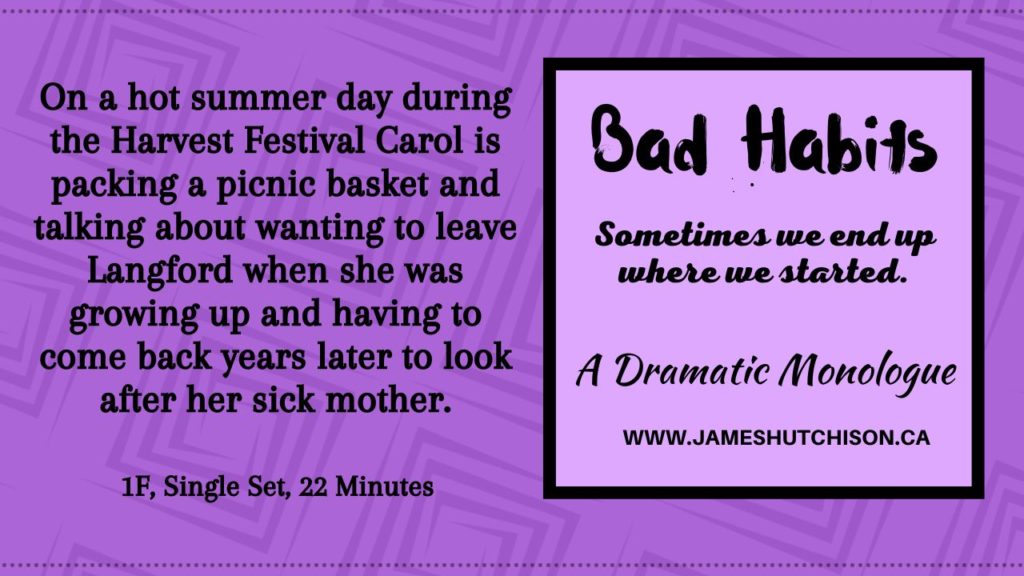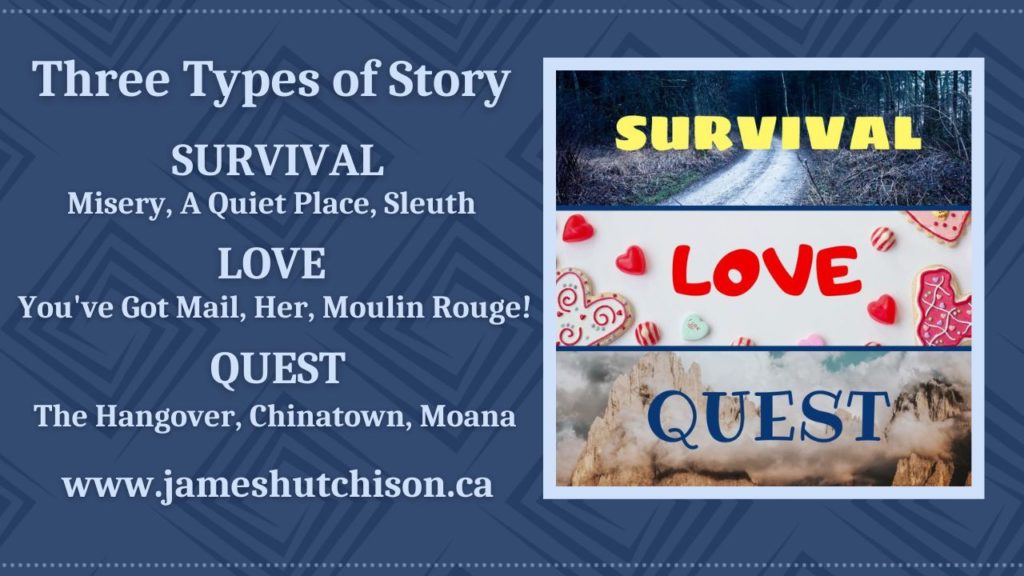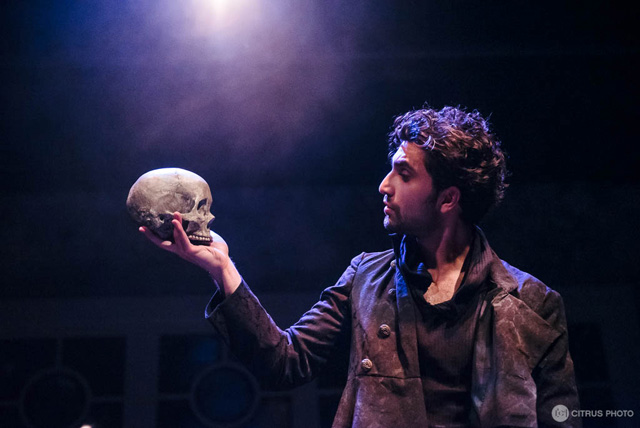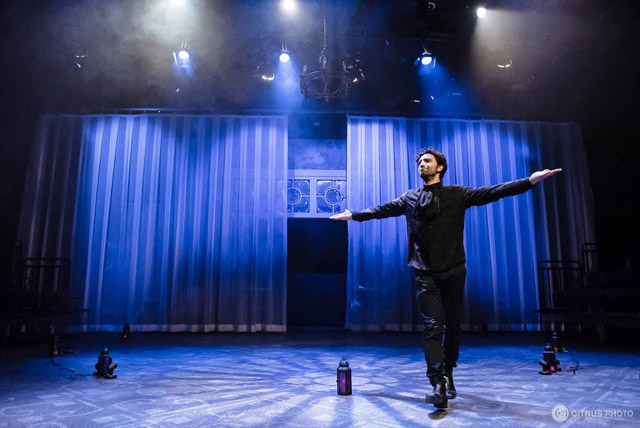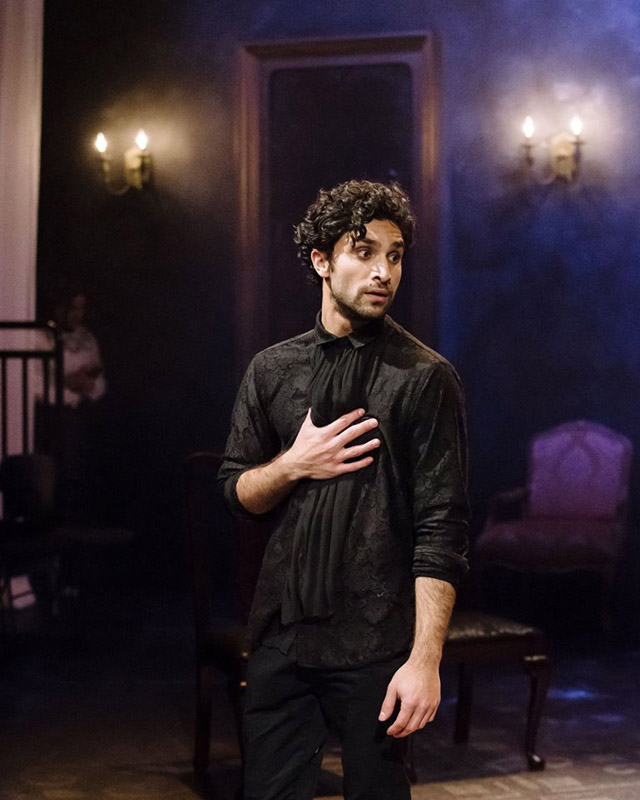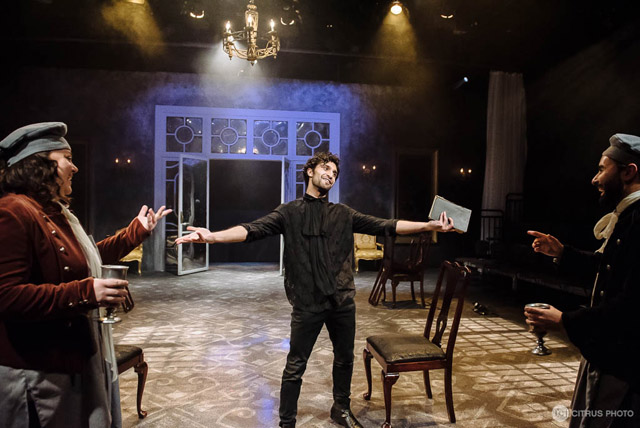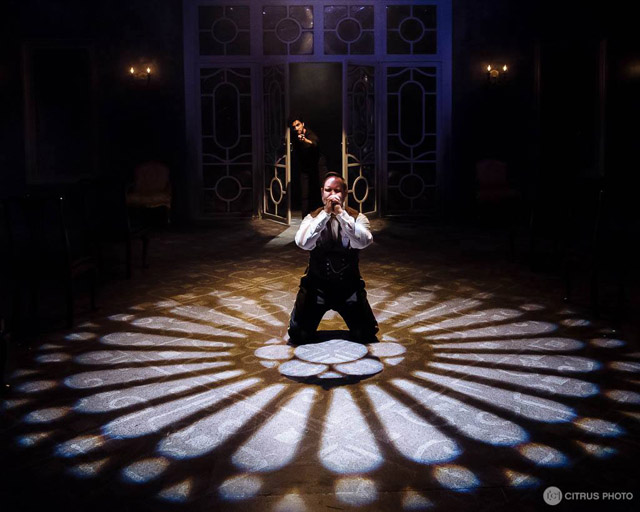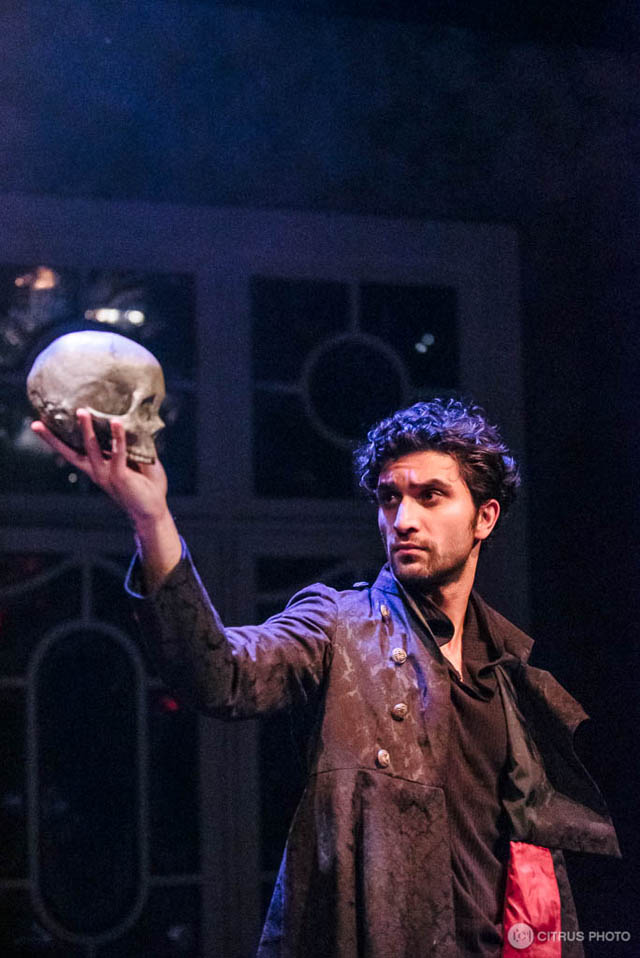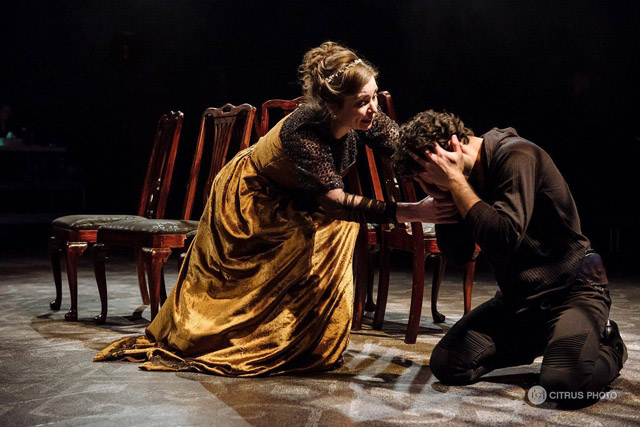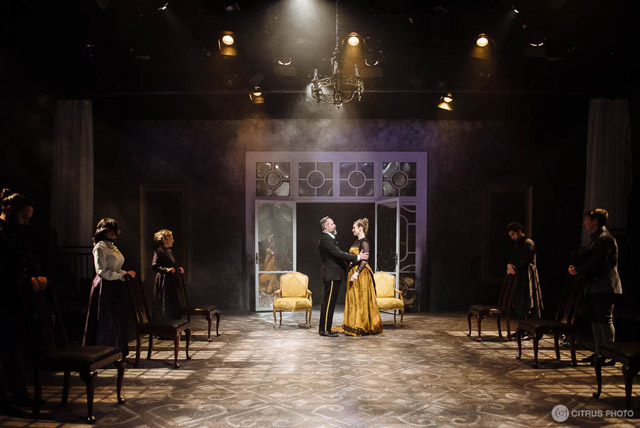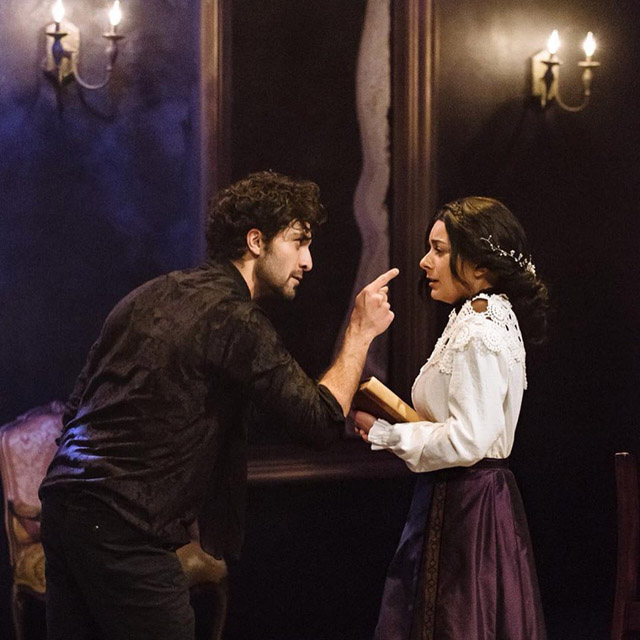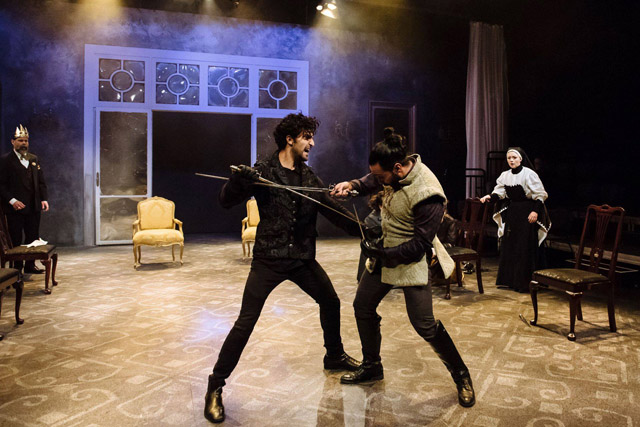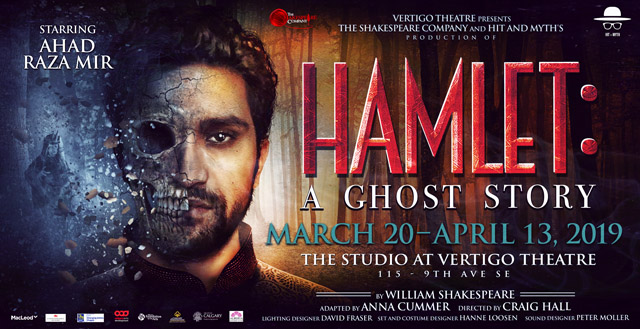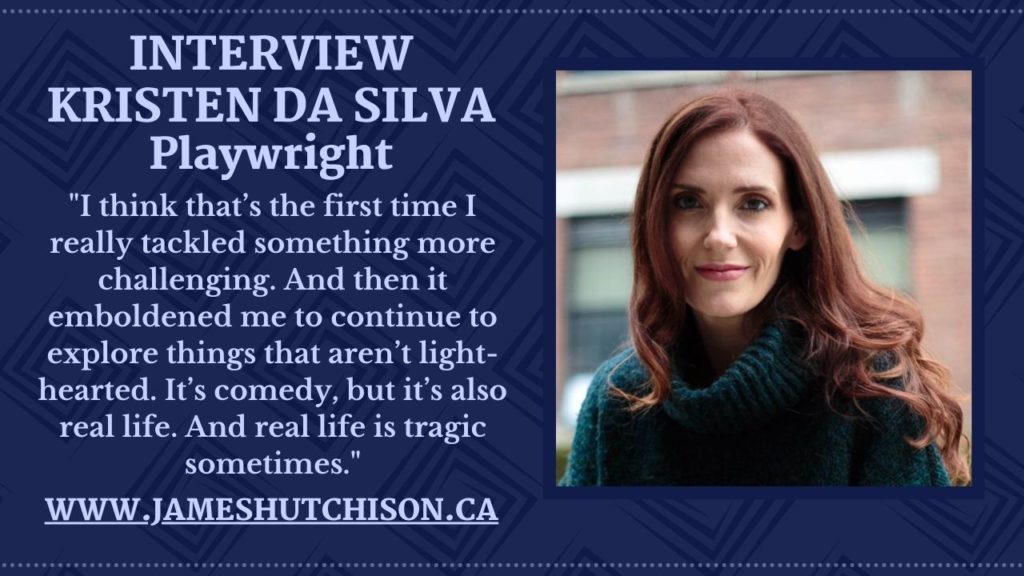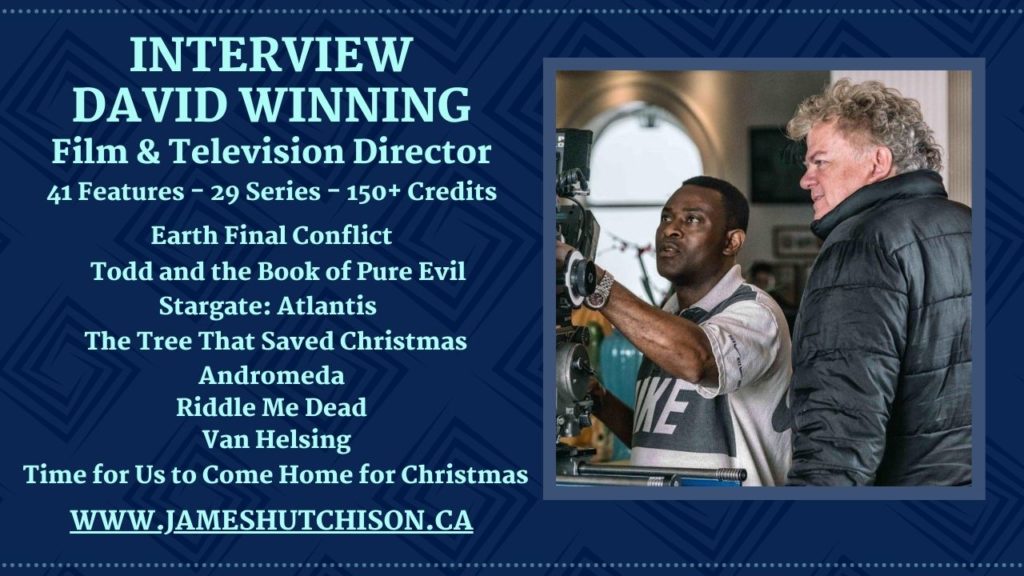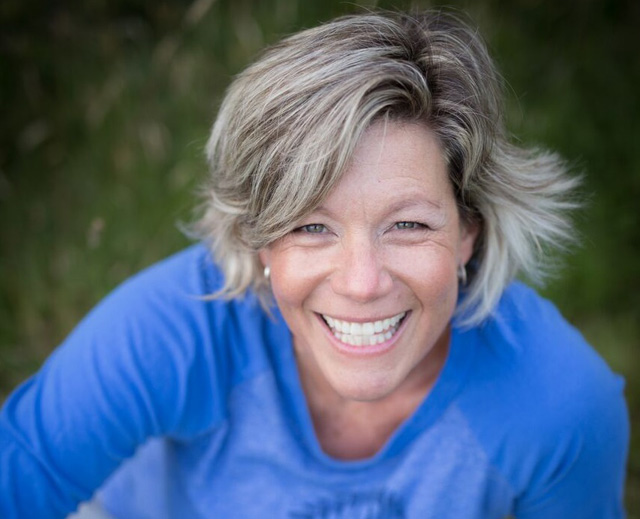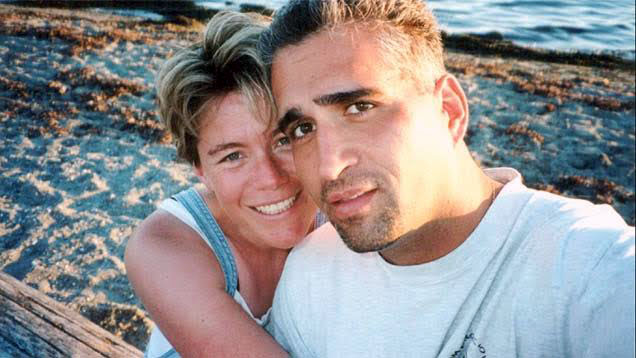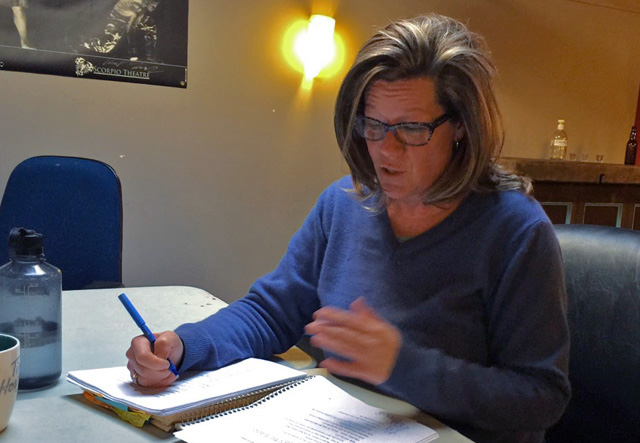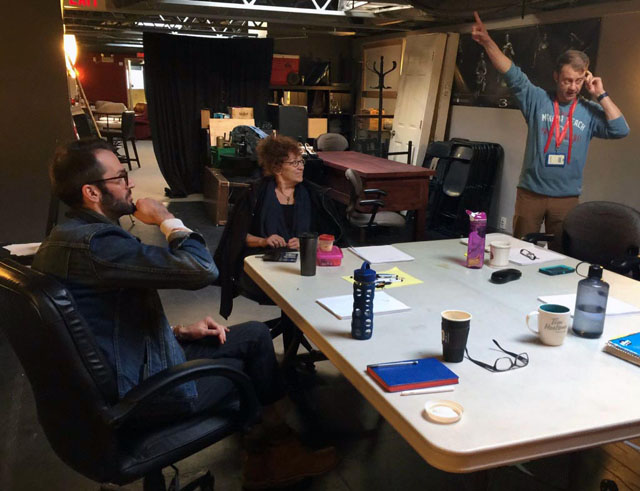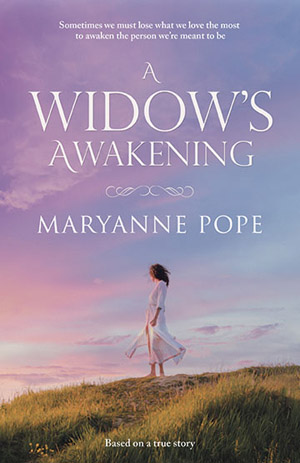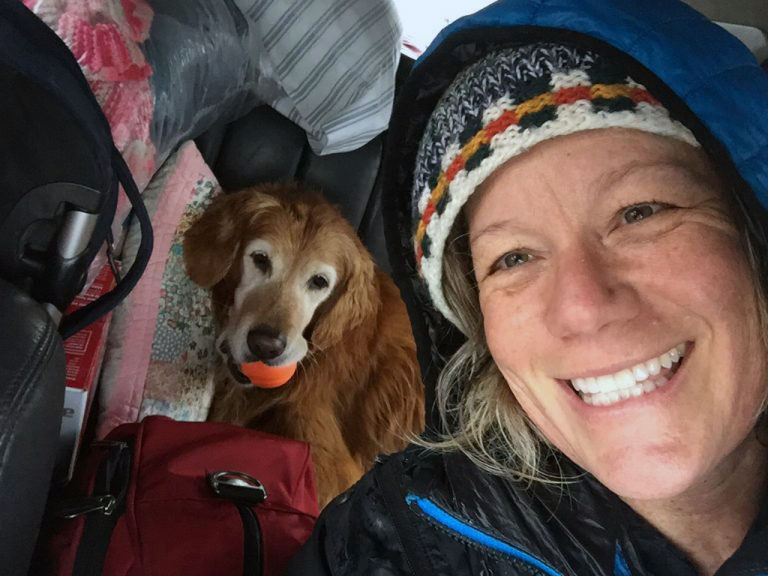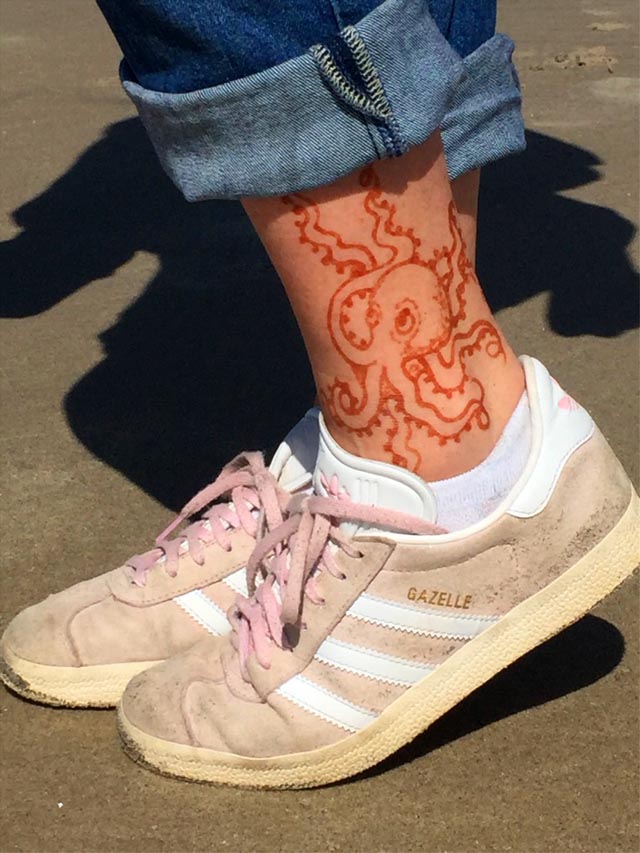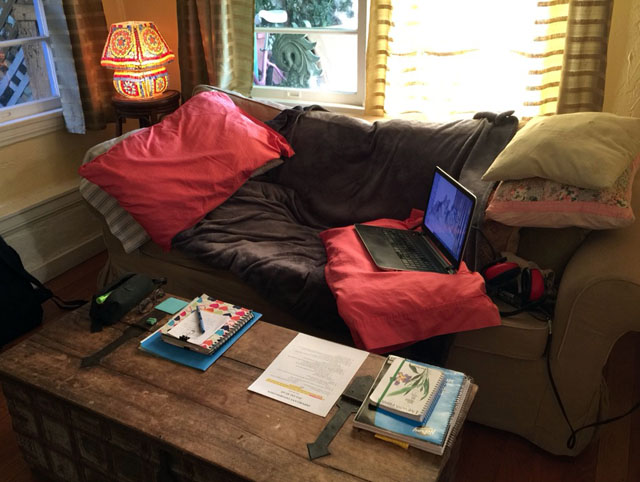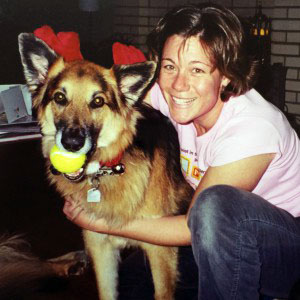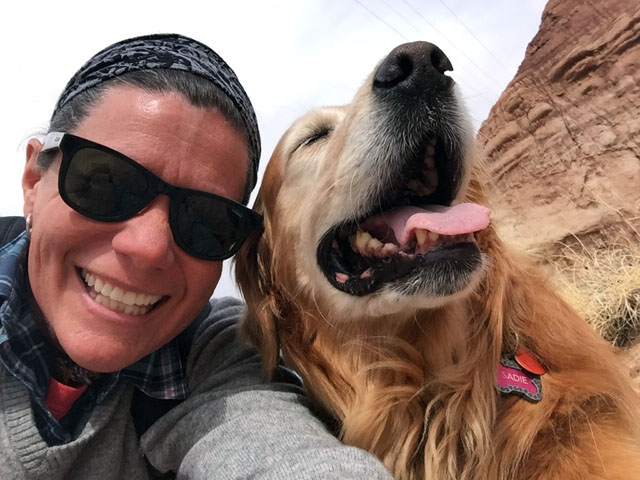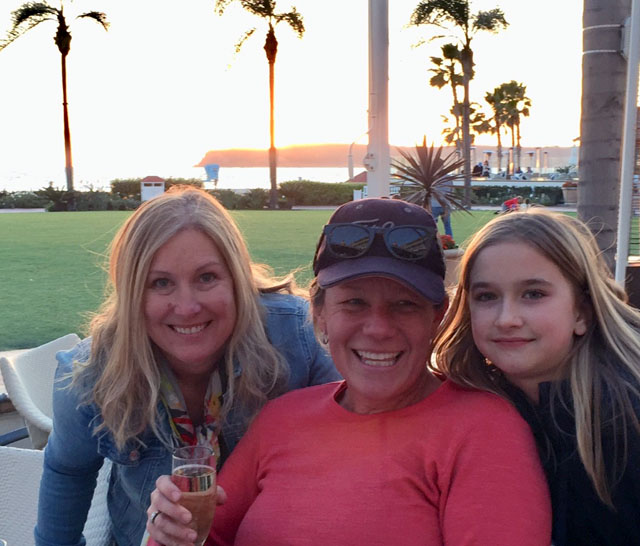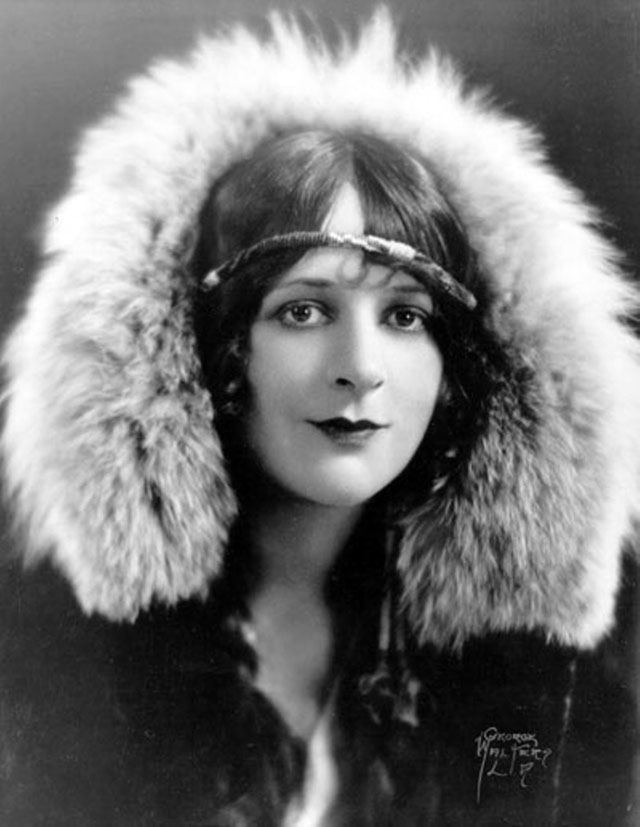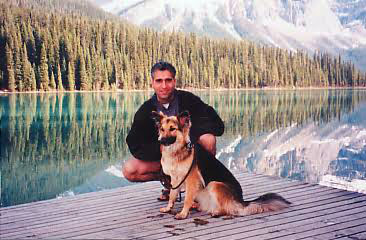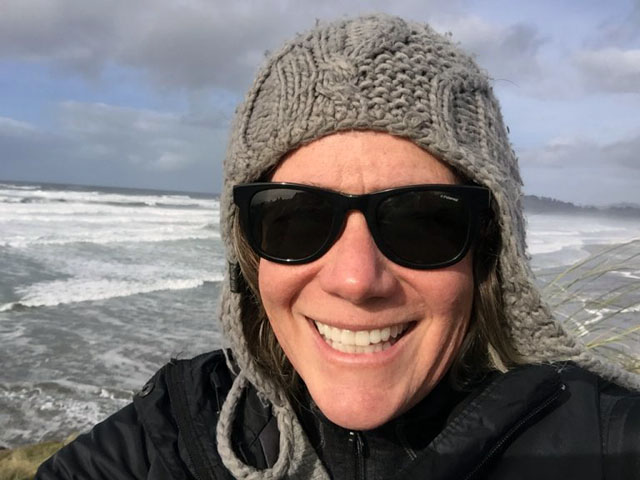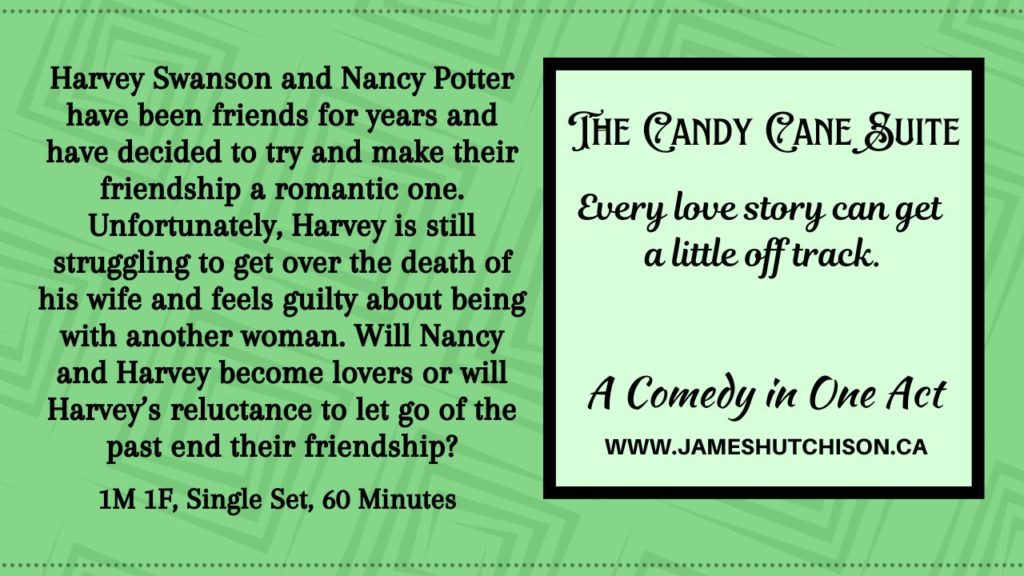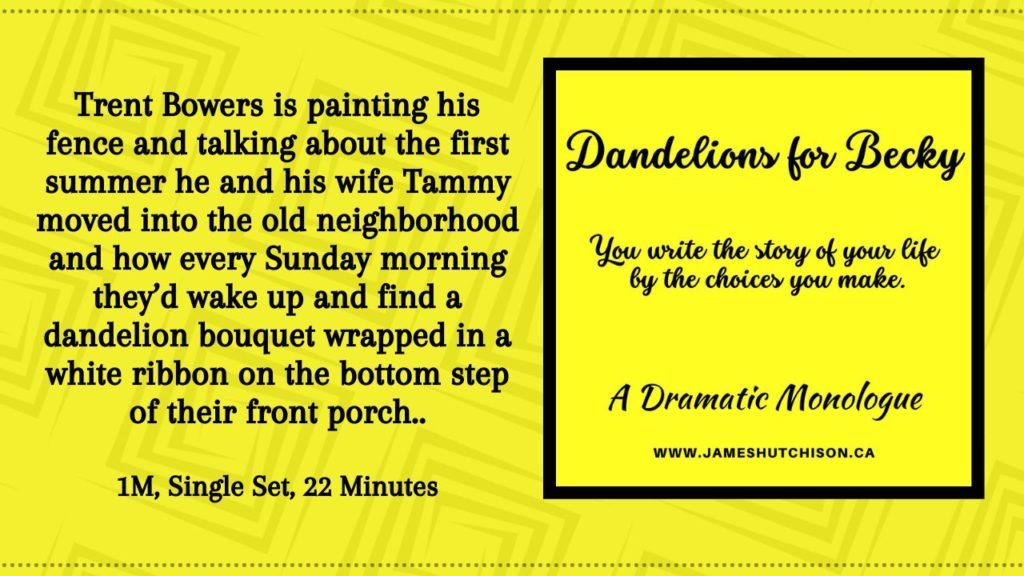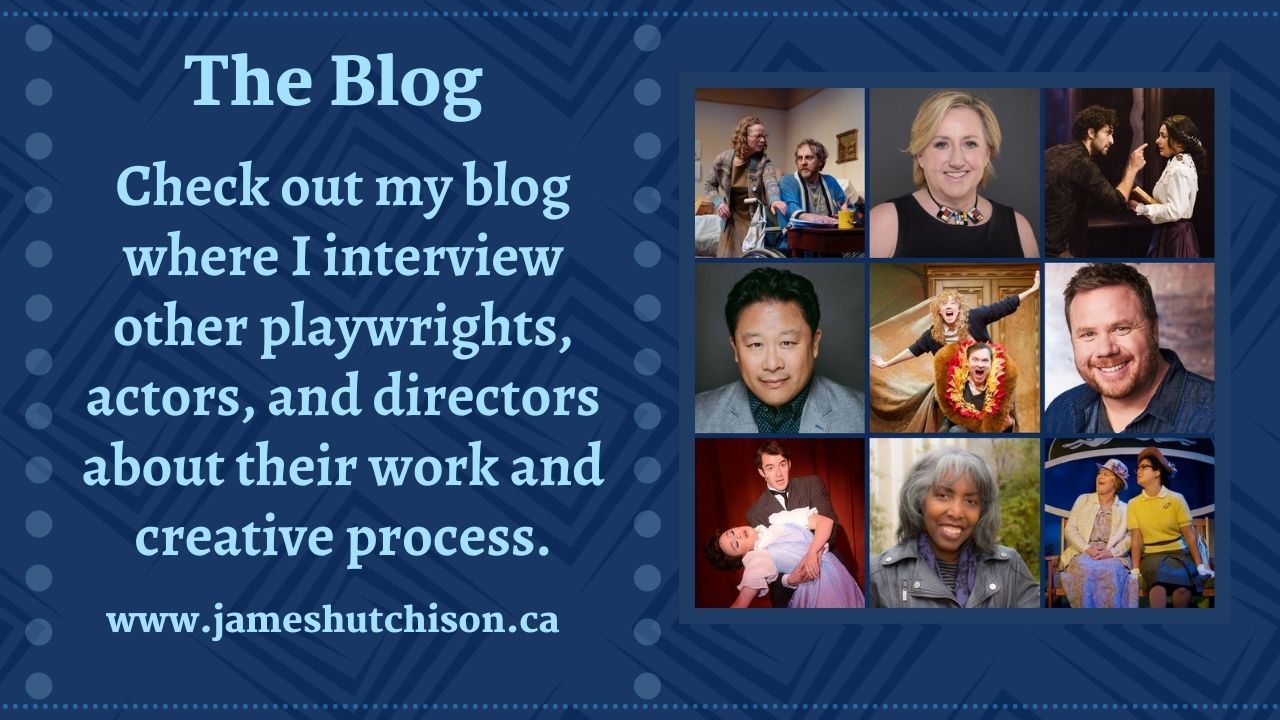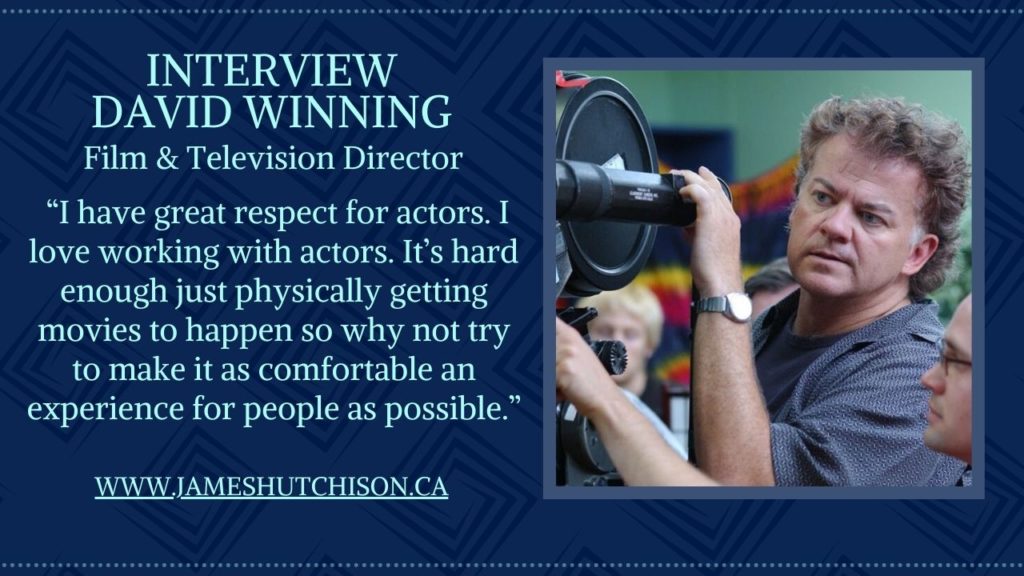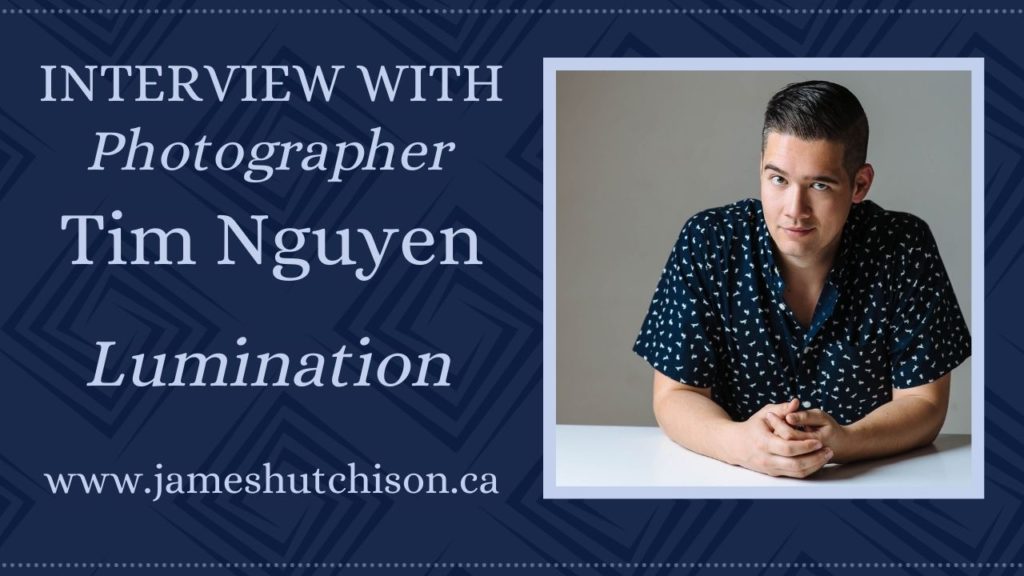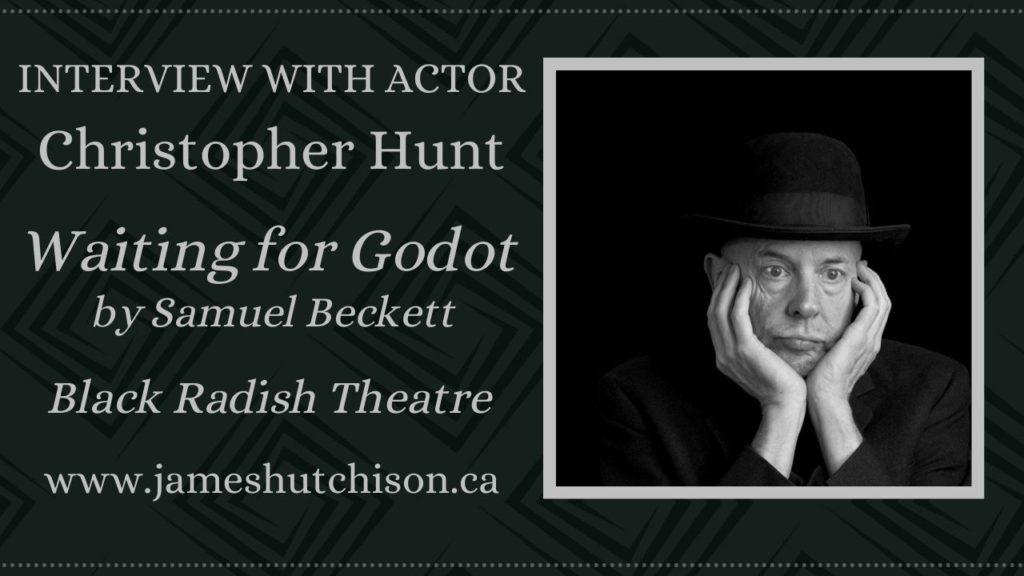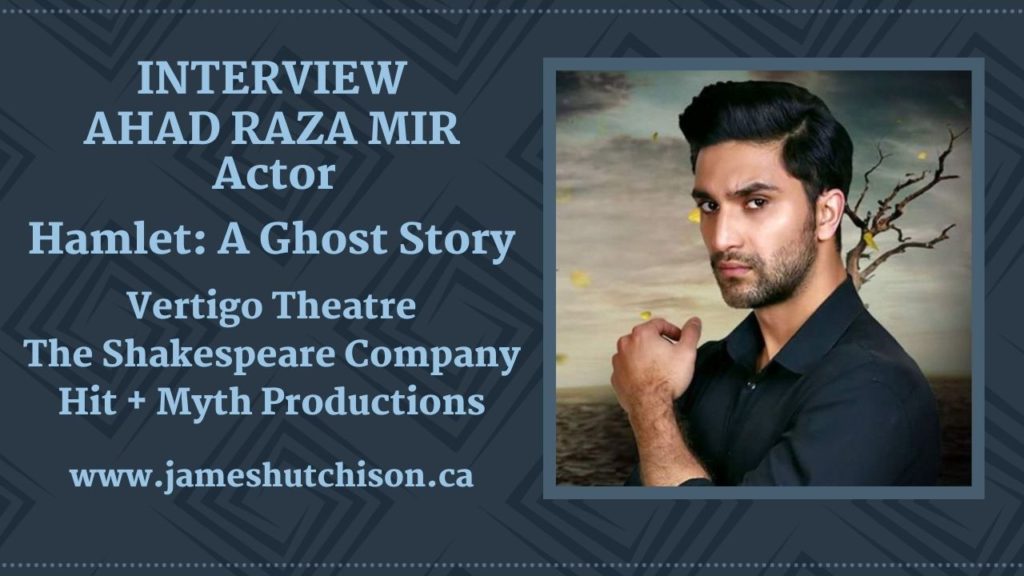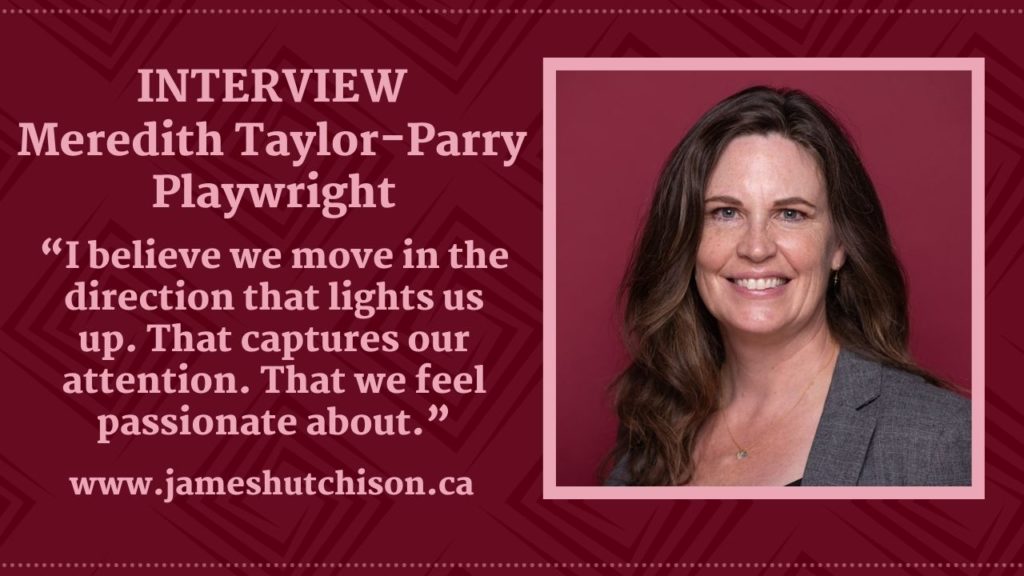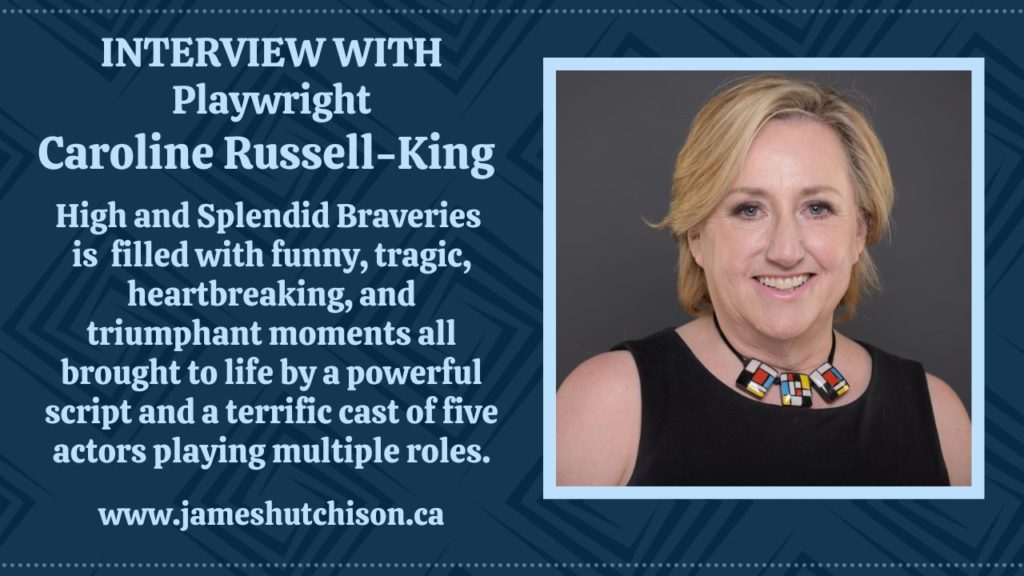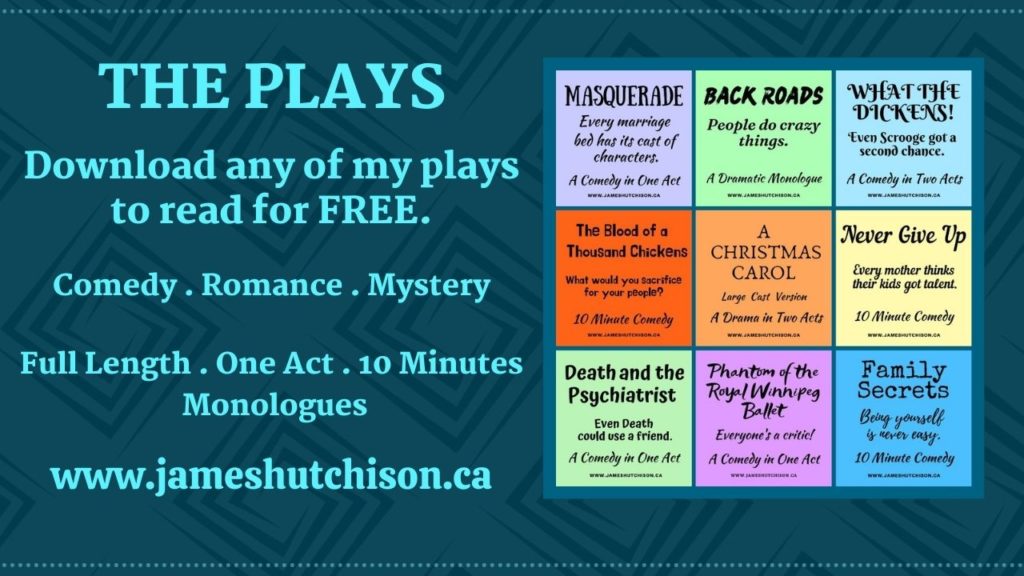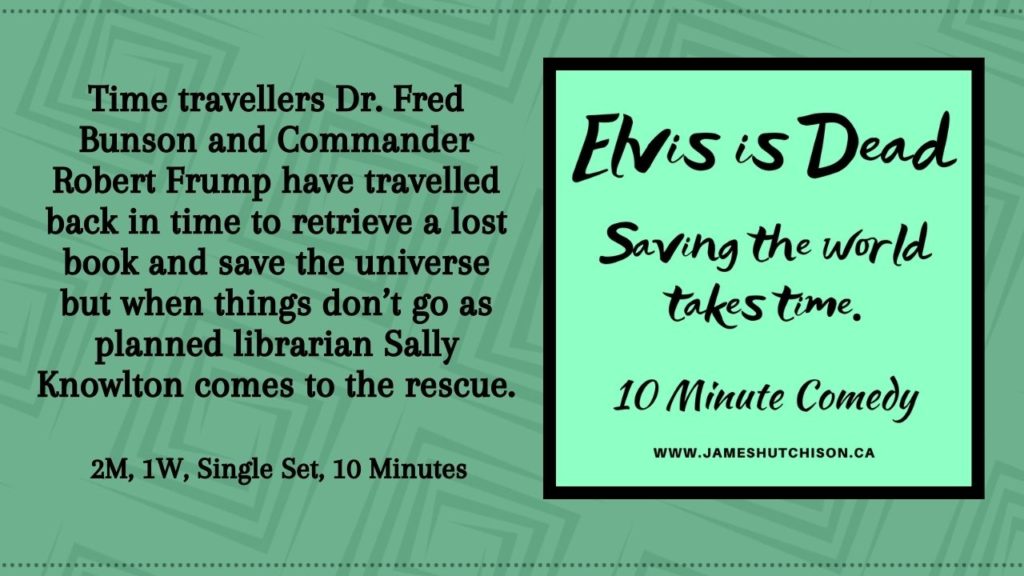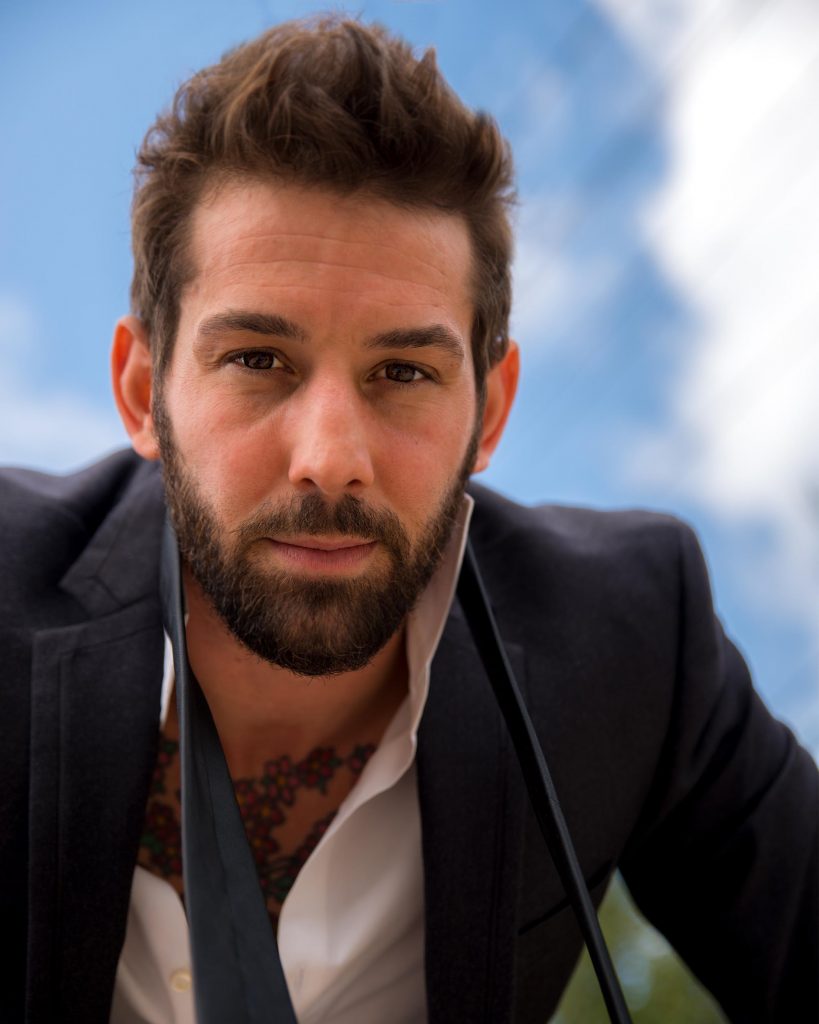
Producer/Director Matt Boda – Absurd Hero Productions
“Where preparation and opportunity meet is what makes luck seem so magical. I think if you prepare yourself for an opportunity, such as selling a movie script, then you can attract that scenario by actively working toward making yourself prepared and making it not so much about luck anymore and making it more about fate.”
***
Producer/Director Matthew Boda has ambitions of taking his company, Absurd Hero Productions, into the big leagues and producing film and television across multiple genres. I connected with Matt through the Austin Film Festival where my comedy Masquerade had been a finalist in the playwriting category in 2018. After chatting with Matt about that script we got to talking about his love of film and television and I was immediately impressed by his boundless energy and enthusiasm for telling stories and so we set up a time to continue our conversation. I connected with Matt over ZOOM at the start of May to find out more about his personal vision for Absurd Hero Productions and his plan to bring new stories and screenwriters into production through his Get It Made X initiative.
JAMES HUTCHISON
Tell me a little bit about your logo for Absurd Hero productions. What does it mean and what does it symbolizes?
MATT BODA
It’s from the myth of Sisyphus. Sisyphus is, you know, a Greek character being punished forever and eternally having to push a boulder up the side of a mountain only to achieve the task and then have the boulder roll back down the mountain and he has to do it all again. Over and over and over. And it becomes an absurd task. There’s no meaning. There’s no reason to push the boulder up the mountain. There is no benefit, but he does it anyway.
It’s also a super hard thing to do. To push that boulder up a mountain every single day. So, it takes a hero’s spirit to be able to accomplish the task and do it anyway, in spite of its meaninglessness.
And essentially, Albert Camus who is an existential philosopher wrote his own version of the myth of Sisyphus and likened the absurd hero to modern man. Life inherently has no meaning except for the meaning that we give it.
So, knowing all that philosophy I went out to do one of the most difficult things that there is, and that’s to create a production company from zero not knowing anyone. Not having any direct contacts. Not coming from money. To do an absurd task. To try and become a filmmaker and make a production company and be involved at the highest level of making content that lasts forever and that’s super beneficial to the people that watch it and it felt right to me to do it under the brand name of an Absurd Hero.
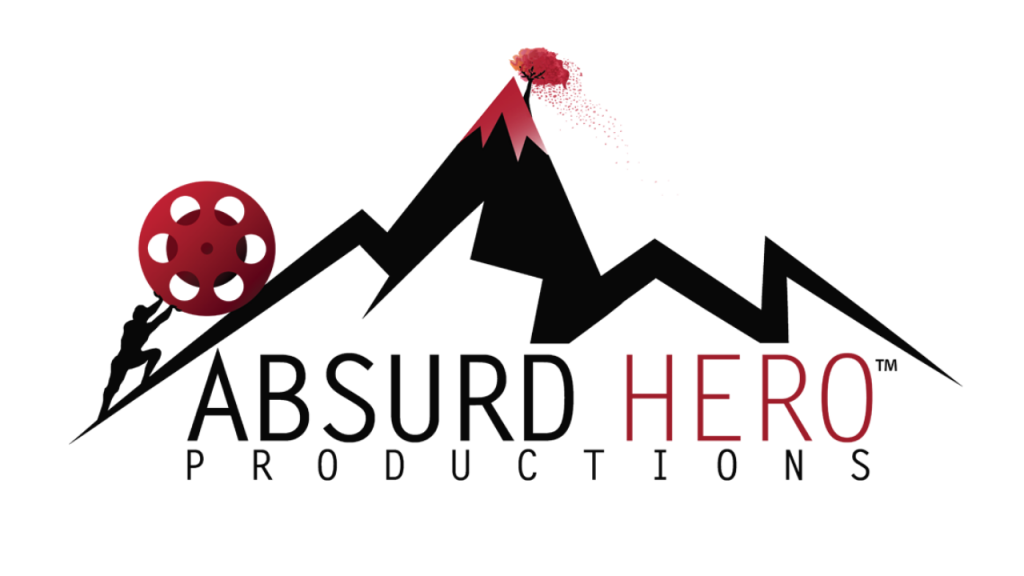
JAMES
I have a quote for you by filmmaker Ted Kotcheff. He directed The Apprenticeship of Duddy Kravitz which featured Richard Dreyfuss, First Blood with Sylvester Stalone, Weekend at Bernie’s, a lot of different films and he’s done a lot of television. He said, “Everything about filmmaking tries to distract you from that first, fine, rapturous vision, you have of the film.” I’m wondering how much you agree with that, and how do you keep that spark alive to make you see a film through from idea to screen?
MATT
Well, I agree with it completely because essentially what happens is the vision comes into the mind of the creator. Whatever way you believe it gets there – whether it’s a muse, or it’s God, or its creative energy, or whatever – something inspires the idea in the first place.
For me, it comes in a flash. I have a vision. I see the whole movie in a moment in my mind’s eye, and it fills me with the desire and motivation to do the work to pull that out of my mind, and put it into the real world, and see what it will look like.
So, saying that everything after that is designed to get in the way of the original vision is completely true, because you have to compromise with the reality of what you can create and your fantasy of what you had envisioned.
So, it’s like, “Okay I guess I can’t have him on top of the Titanic.” “Well, what if he’s in a little rowboat on the side of a dock on a lake?” “Okay, well does it embody the same theme that you were trying to express for the character on the deck of the Titanic?” “Yeah, it actually does.” “Okay then, let’s put him in the skiff.” “Cool. Problem solved.” That’s the compromise between fantasy and reality that any filmmaker has to go through in order to see their vision go from inception to completion.
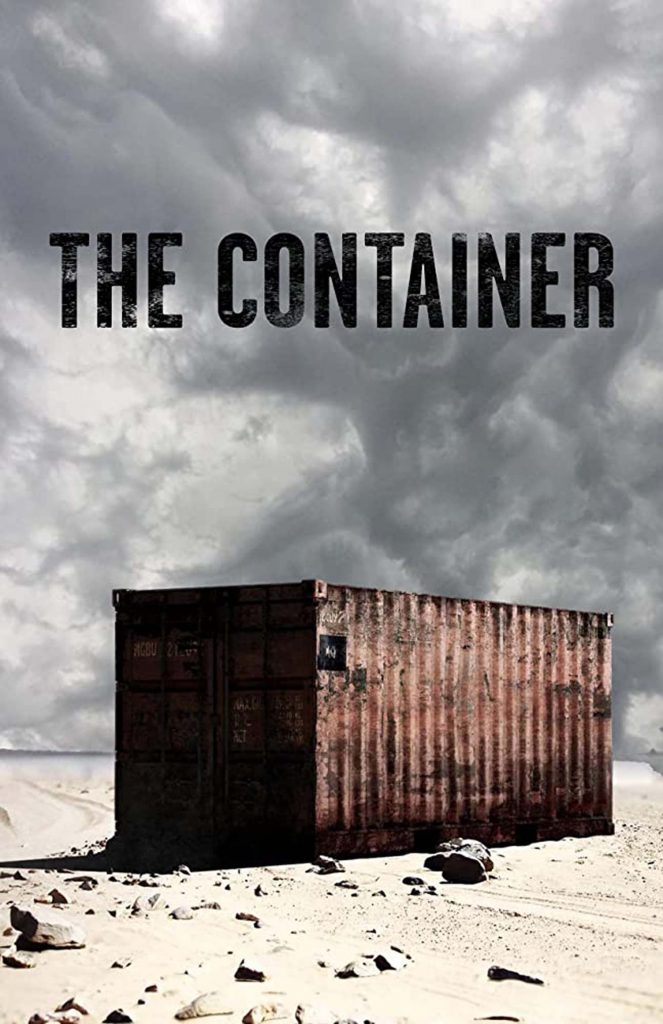
JAMES
One of the projects you have in development is called The Container. Where did the idea come from for that project, and how did that develop, particularly in light of the times we’re living in, and how current and significant the subject matter is.
MATT
That project is making its rounds. I’m super proud of it. It scored really well on the Blacklist. Everyone that reads it gives it their praise, and I’m super grateful for that.
That idea came in a flash from my mind’s eye and that’s usually born from needing to find a solution to a problem. In the beginning when I first started making films my ideas were visions about myself and my own life experiences, and so I started to make art about my life experiences, and I wasn’t getting the kind of response that I wanted to have with the work. It was too personal.
It was me all over everything. Me the director. Me the producer. Me the actor. It felt like a one-man-band in a way that alienates the audience. It makes them feel like they can’t identify with the story because all they see is you trying to work out your own problems on the screen. And I had fallen into that trap a couple of times because I had run with someone telling me to “write what you know.” Which for me was a mistake, because it made me dive into this selfish realm that a lot of people get into where they think they need to show that they can do everything, as opposed to embodying the true spirit of filmmaking which is completely collaborative.
So, I was stressed out after a big movie that I had personally financed called Blood Sweat and Years, that even though it was shot well and had great music, just fell flat, and I was in need of a new idea. And I was actually in line to go to a movie in the middle of the day and my mind was hijacked, and what I saw was a little girl looking through a crack in a shipping container at the waves and the ocean and when she looked back into the container I saw all these people. They were all Chinese people and they were stuck in the shipping container, and I saw this whole movie in my head and it all ended in this terrible tragedy, and this little girl was the only one who lived to tell about it. In my mind’s eye that’s what I saw. So I immediately went home, and I found out through a little research – and thank God for Google you can go directly to the source – I started finding out that it was true. That before China became the giant manufacturing mogul it is now Chinese people used to flee the country because there were no opportunities in China, and they used to do it via shipping containers coming through ports in America like Long Beach. And I read all these articles, so I started to formulate it around China, and then I realized that all that stuff was actually twenty years old. So, I shifted and I did a bunch of research and I created this framework that took this really neutral approach to writing the movie, that’s about a group of North African migrants stuck in a shipping container.
It’s eighty-eight pages long, and it’s like a thrill ride that ends with a wallop. It punches you in the gut. It’s a humanitarian film in the same vein of Cary Fukunaga’s film Beasts of No Nation on Netflix or Hotel Rwanda. That’s how The Container came to be.
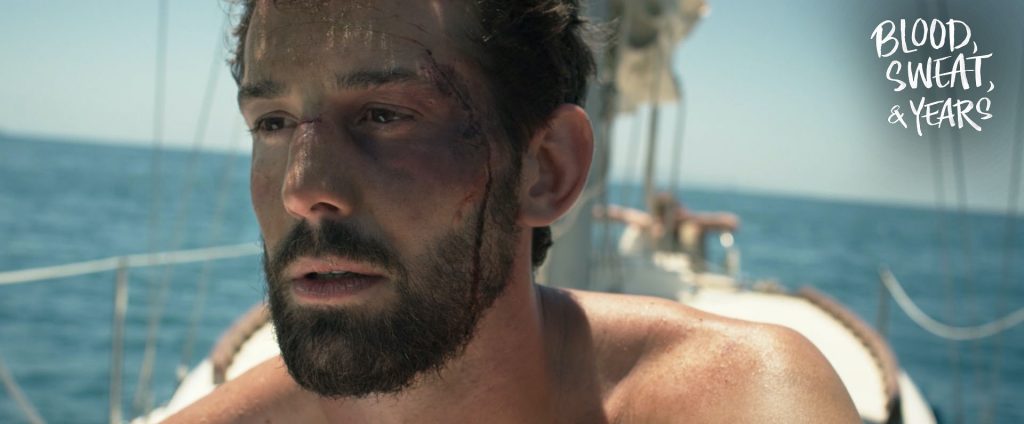
JAMES
But it would not have existed, I think, unless you had worked, originally on Blood Sweat and Years, because the creative journey of that film involves you doing the previous film and learning from it. So, now how much do you draw upon your personal life? How do you balance that mix of taking from your past experiences to tell a story that isn’t necessarily about you individually, but might reflect some of the themes, feelings, ideas, and experiences you’ve been through?
MATT
It’s really simple. Now, I imagine being someone else. Just like an actor. I imagine what I would do in that person’s situation, but I let them do it just like the actor lets the character do it. So you know, let’s say I was from Eritrea, and I was living on a thousand calories a day, and I had scrounged up every cent I had to try and escape, and I just think what would I do in that situation, but I don’t imagine my face as the person accomplishing it. I imagined the face of a little girl, or the gentleman, you know, that needed something that I’ve never needed in my life but if I did, how would I go about doing it. I put other faces on it and that removes me from the equation so it’s not a self-centred approach. It’s universal.
JAMES
A film from twenty or forty years ago reflects the time they were born in, and yet some films even though they might have been made fifty or sixty years ago, still feel like they have a universal appeal or a universal story. What do you think it is in great films that makes some of them feel timeless?
MATT
It’s definitely making the audience identify with a core theme of the story. So, for instance, in The Container, it poses the question, “As you sit there and complain about what you’re going to eat tonight and how fast your internet is – imagine this: “What would you do if you were in this container and you’d paid a thousand bucks that took you eight months to save and you had your daughter with you and this was your last chance to get out of the country. You know, the country that made your life a living hell. What would you do if you were someone else?” And it takes the audience out of who they are and it makes them reflect on what they have. So, the audience has to identify in a very personal way with what’s happening in your subject matter and what’s happening in your concept, or it’s going to be forgettable.
JAMES
With film you’ve got two hours. In series television like Game of Thrones you have seventy hours. I think the difference in the amount of storytime you have means that film has to be much more concentrated. Much more to the point. Do you think films work best when they have a single protagonist that you’re seeing the story through?
MATT
I think they’re two different mediums that both approach story in a different way. For film, it’s much more focused. It’s like, “What do you want the audience to get out of this one movie, because they’re only going to watch it that one time and then it’s over and the world your telling begins and ends in that movie?”
Whereas the purpose of a TV show is for people to fall in love with the actors, and they get plot and structure and story through the whole thing but the most rewarding part is being fed this story that feels so real in this episodic way so you can spend so much more time with a character, as opposed to learning a theme.
You know, films to me are themes. Like Fight Club has all these themes you can dissect forever whereas in Game of Thrones I love Tyrian, and I love Sansa. They’re like my sister and my uncle and you know they’re my family because I went through all this hardship with them, and I know what they went through. I know their story and their stories are just like me knowing my best friend’s story who you know maybe he was a drug addict and his dad died. The thing about the episodic story is you love the person, whereas in a film you love the idea and you love the people that are expressing that idea.
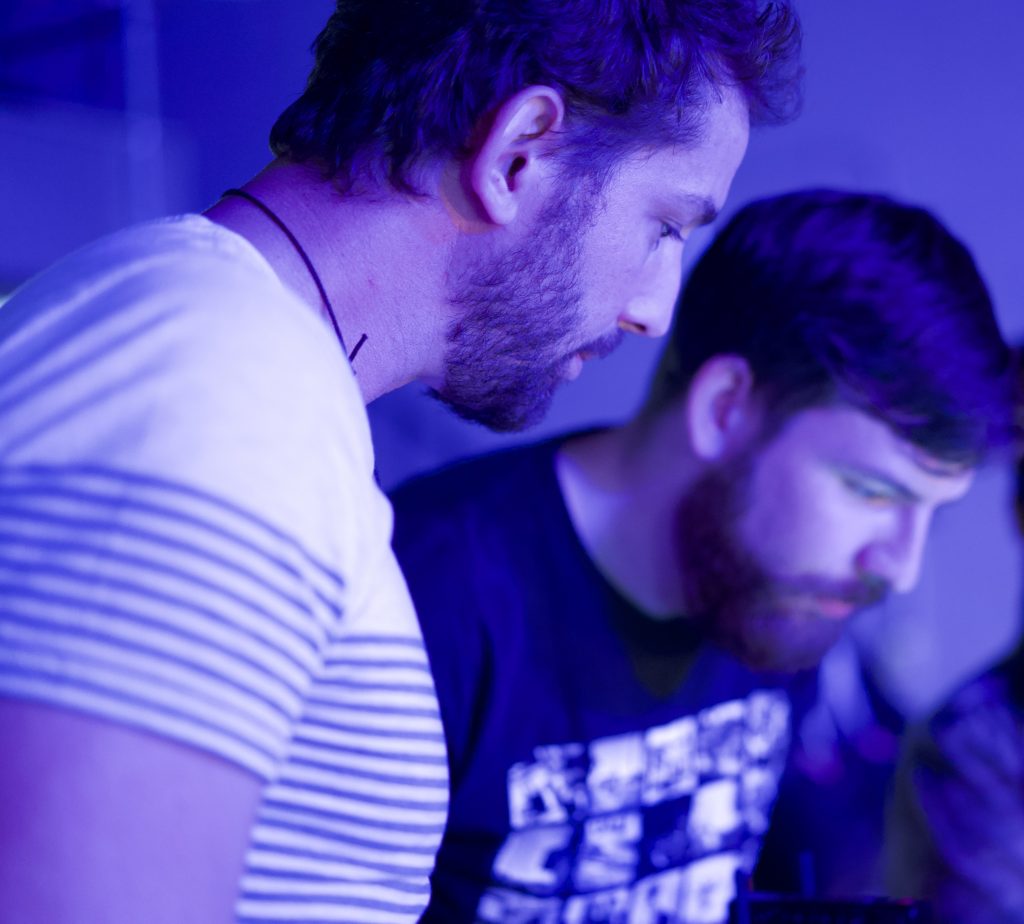
Matt on set – Absurd Hero Productions
JAMES
Right, well let’s talk about ideas. What kind of ideas do you enjoy exploring what kinds of stories attract your creative energy?
MATT
Well, you know, nowadays, I’ve just been super focused on executive producer roles where I champion multiple projects. So, I’ve got all these fires burning now and I created this program, Get it Made X, which is essentially a union for non-union writers.
So, any writer that’s accepted to the program comes into the fold with all the rest of our members, and they all compete for funds that we put into the program as well as they pay membership dues. So, all of that all gets put into a pot. And they compete to make proof of concept films with that money and we make multiple projects so right now I have five of them.
And I can talk about each one of those projects the same way that I talk about The Container. Because what we do is reverse engineer long-form materials. So, if somebody has a script they love and its scoring well in the screenplay world what we do is have them write a five-page version. Maybe the most pivotal scene that really showcases what the world of the film or the show or whatever it is would be about. And we go that extra mile because I have a production company. I own all the cameras. I have 5000 square feet of office space and everything you’ll need as well as all of the contacts and the relationships and the infrastructure because I’m in Los Angeles and I’ve been doing this for twelve years.
So, we go right to the source and make these films and then we put these packages together with known entities and then we go to the studios. Because I have contacts at the studios, but they won’t read words on a page from an unknown writer. They just won’t do it. But what they will do is watch a five-minute film that’s well produced.
So, I’m like, “Hey what are you guys looking for?” “Oh, we’re always looking for easy horror stuff.” ” Okay, well I’ve got this thing about a demon baby and a crazy girl next door concept.” “Ok, send me the demon baby thing.” Boom, I text him a link that goes to a proof of concept movie, and he watches it and at the end he goes, “Hey, do you have the full script?” And then we send the book and the full script and all the people that are attached to the project. “Oh, you got the guy from Weeds as the main actor. Or, “Oh you got the guy from Brooklyn Nine Nine to direct it.” Now all the studio has to do is inject funds into a group of artists that are already mobilized, and a product will emerge. That’s what we’ve been doing now, and it’s just awesome.
JAMES
So, what then is your vision for Absurd Hero Productions in the future? What is your goal.
MATT
What I imagined us to be is like Bad Robot. Bad Robot makes film and television shows across all genres. And if I have the right number of members in Get It Made X, I’ll be able to turn out twelve films across all genres, a year. So, my vault will be full – just filled to the brim with ideas that are packaged on paper and have known talent that have said that they will be a part of the project.
JAMES
Getting a film made is a tough business, so I was wondering how much do you think luck plays a part in a person’s success?
MATT
Where preparation and opportunity meet is what makes luck seem so magical. I think if you prepare yourself for an opportunity, such as selling a movie script, then you can attract that scenario by actively working toward making yourself prepared and making it not so much about luck anymore and making it more about fate.
JAMES
You’re prepared to take advantage of the opportunities when they present themselves.
MATT
And luck is opportunity in disguise. You know what I’m saying? If you’re prepared for the opportunity and you get it, it’s going to feel like luck, but no it wasn’t really luck it’s because you were ready to take on that opportunity.
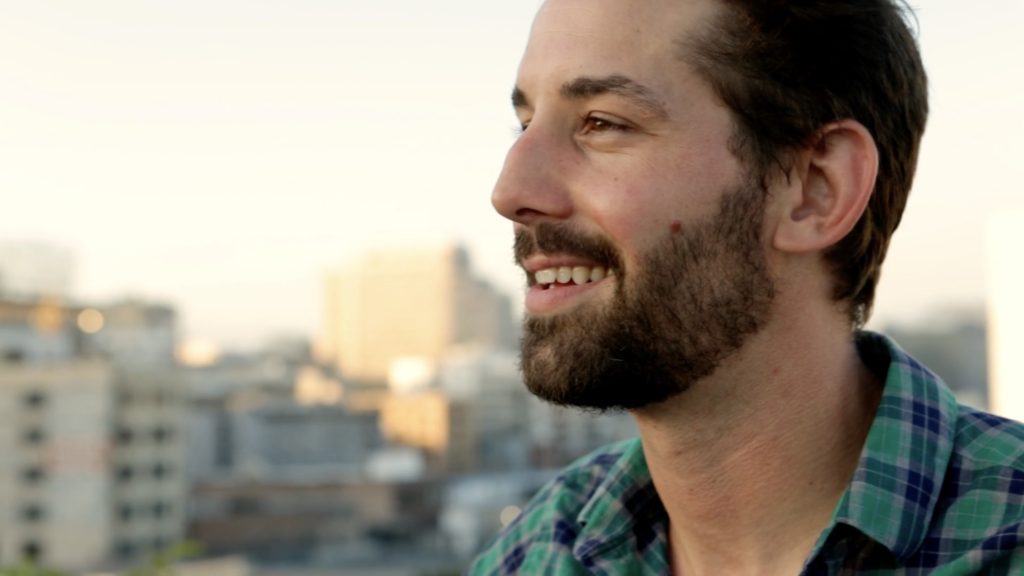
Matt – Early Days in LA
JAMES
You said you’ve been doing this for 12 years in LA. What brought you to LA? How did you get there?
MATT
I lived in Florida, and I started in Miami. I was in a rock band until I was 25 and I got way too caught up in that scene in terms of just all it has to offer in terms of sex, drugs and rock’n’roll.
So, I had to rebuild my belief system mentally from the ground up about what I expected out of life and what my life was going to be now that the rock band was over. I made a lot of decisions in terms of, you know, not allowing chemical dependency to become this everyday thing in my life. I had to shed that whole older beginning of being in a rock band, and of being rebellious, and being the lead singer, and being the center of attention.
And that’s how I ended up in LA when I was 25. You know, new brain power and new motivation, and that’s when I started from the ground up. And I rode a bike. I didn’t have a car. I rode a bike and went to any film place, and I literally said I’d work for free for a week to show you guys who I am and my attitude and to see if you guys want to hire me.
And it was no, no, no, no and then a lighting rental house said yes, and they hired me, and I learned lighting, and I met people. I got into the union for camera and lighting, and I spent the next eight years working on movies and television and being a lighting technician, and I did camera a bunch too.
JAMES
But I think the first 25 years of your life has been really informative for you in terms of your journey and who you have become.
MATT
Yeah, I just wish I didn’t waste so much time. You know what I’m saying. You can get off the elevator at any floor. For me, I decided to go to the sub-basement for some reason.
JAMES
How important is forgiving yourself for those years to having a more positive and better future now?
MATT
As an artist, you know, having internal conflicts is the reason why I feel I need to have a voice. I feel like the only way to dissipate these internal pressures for me is through art.
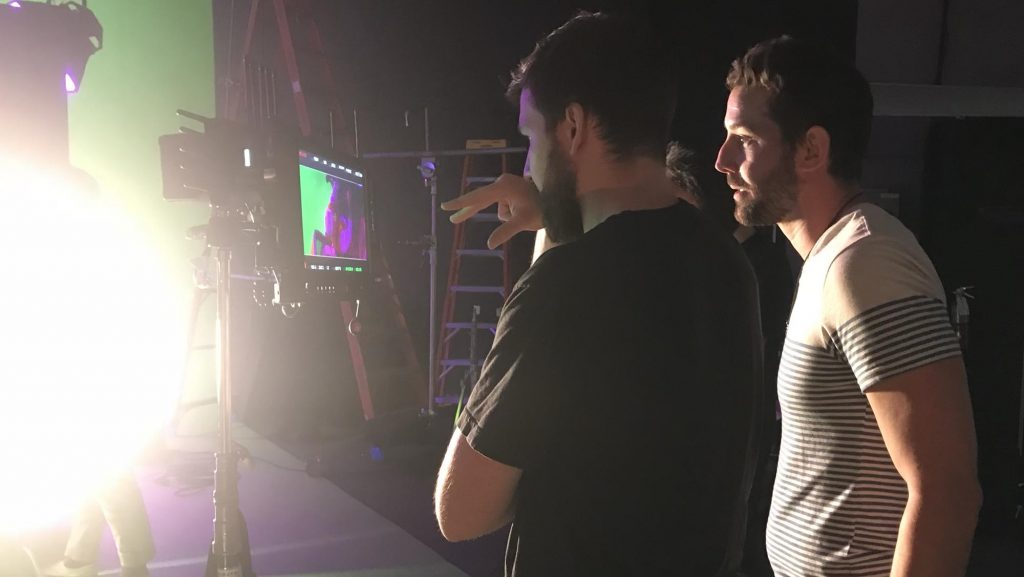
Matt on Set – Absurd Hero Productions
JAMES
What filmmakers and films do you find inspiring? Who speaks to you? Who do you get excited about?
MATT
I collect 11 x 17 movie and TV posters. Right now I’m looking at posters for Game of Thrones, The Tudors, Neon Genesis which is an anime from Japan, Silver Linings Playbook by David O. Russell, Cary Fukunaga – Beasts of No Nation all the way to stuff like Blue is the Warmest Colour, which is a crazy indie that came out of France.
But my favourite stuff is historical fiction. Like The Last Kingdom which is about the Danish coming over to England when England was multiple nations in the eighth and ninth century during the reign of King Alfred the Great. And I’ve watched that series, like three times and it’s got four seasons now and I’ve watched each season three full times and they’re ten hours each. Same thing with Game of Thrones, you know, every single night I’m watching a piece of something, you know, all the way to shows like Billions, or Homelands.
JAMES
So, having lived a different life when you were younger and being your age now what would you say to your younger self? What sort of advice would you give to your younger self?
MATT
You know pain is inevitable, but suffering is optional. I took the crazy route and then wallowed in my suffering so a lot of my joy was robbed from me.
I guess I would just say, “Just go easy on yourself. Don’t beat yourself up so much. You know, dude just keep going. Who cares? Does it really matter that much? Just try and don’t give up, because if you give up – it’s definitely not gonna happen.”
The worst part is that for the vast majority it never happens for them. They write three or four scripts and then they don’t write any more. And that’s it. It’s done. They’ve written a bunch of scripts that maybe placed in a few contests, but they never got made. But Get It Made X is going to be a way for people that are in the non-union realm to compete with everybody that’s in the union realm without having to wait to win the lottery – so to speak – and we want to do that for as many people as possible.
***
Download PDF version of Interview with Producer Director Matt Boda
This interview has been edited for length and clarity.
